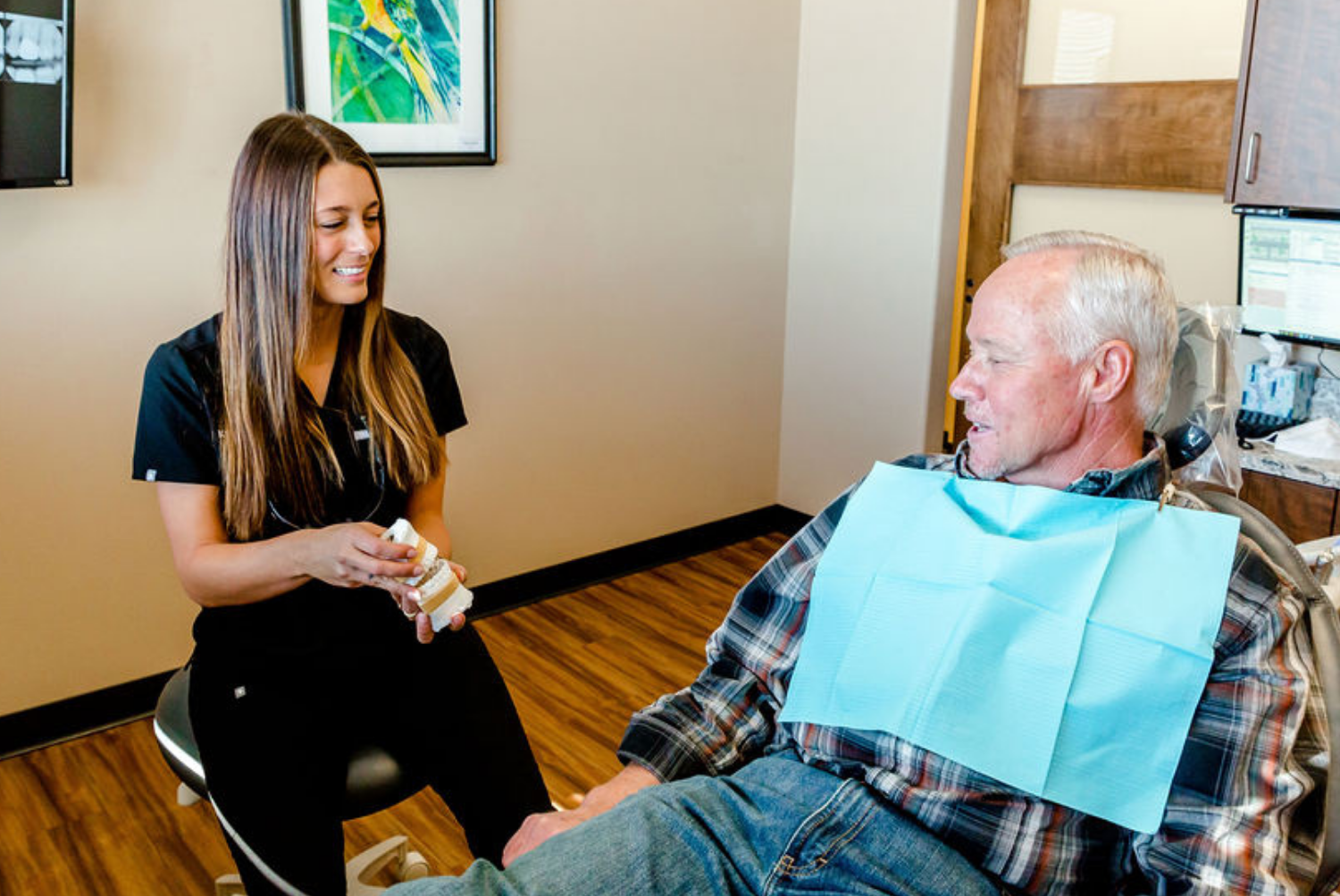What to Know About Sleep Dentistry
Many people are anxious about going to the dentist, and some are so terrified that they avoid going, which can jeopardize the health and function of their teeth. Sedation dentistry provides an anxiety-free, relaxing experience for people afraid of the dentist or undergoing more extended, more complex dental procedures. Here’s a closer look at what you should know before visiting a sedation dentist in Colorado Springs.
Sedation Types
Several types of sedation are available, depending on the patient’s needs and the procedure being performed. Sedation techniques that are commonly used include:
Light Sedation
Light sedation, commonly achieved with nitrous oxide. This relaxes and comforts you, but you will usually remain awake throughout the dental procedure.
Moderate Sedation
Next, with moderate sedation, our dentist Colorado Springs explains that will feel very relaxed. You’ll be so simple that you won’t be able to function normally, though you’ll be able to respond to basic commands.
General Anesthesia
Additionally, this type of sedation will ultimately put you to sleep. Because you will be unconscious, you will require assistance breathing. Most of the time, general anesthesia is only used for oral surgery.
Administration Methods
Of course, sedation can be administered in a variety of ways, including:
Oral Sedatives
Importantly, pills can be taken the night before a dental appointment to relax you. Because oral sedatives only relax you and do not relieve pain, you will still require local anesthesia to numb the area being worked on by your dentist near me.
Nitrous Oxide
Also known as laughing gas, nitrous oxide is inhaled and helps you relax while remaining awake. It does not relieve pain, so that you may require local anesthesia.
IV Sedation
IV sedation involves administering sedatives via IV, which is a less common sedation method.
Benefits
Patients can benefit from sedation dentistry in a variety of ways. One of the primary benefits of sedation is that most patients believe a dental procedure takes only a few minutes, even if it takes several hours. As a result, it is an excellent choice for more complex dental procedures such as extensive rebuilding or smile makeovers. Because patients can tolerate more extended periods in the dentist’s chair, systems that typically require multiple visits may be completed in fewer appointments.
Another advantage of sedation dentistry is that it can help patients overcome their fear and anxiety remaining relaxed during routine exams and more complex procedures. Our friend Dr. Kacos, sedation dentist Shreveport, shares that this allows those with severe dental phobias to receive the routine care they require, preventing them from ignoring their oral health and developing severe oral health problems in the future.
Sedation dentistry may benefit people with special needs or disabilities in some cases. For example, some people with autism, Down syndrome, and other special conditions may struggle with dental appointments. Sedation can keep them calm and relaxed, allowing them to receive the necessary care to maintain a healthy mouth and smile.
Many different patients may benefit from sedation dentistry for a variety of reasons, including:
- First, susceptible oral nerves to dental work
- Also, anxiety disorder in general
- In the past, you may have had negative experiences with dental procedures.
- Of course, fears of the dentist
- Local anesthetic resistance to commonly used anesthetics
- Also, smallmouth that becomes irritated during routine dental work.
Contact Kissing Camels Today
Sedation is not appropriate for everyone. Before deciding whether sedation in the dentist’s office is safe for you, your dentist will consider your overall physical and mental health. Before administering sedation, your dentist should perform a physical examination and obtain a complete medical history. In some cases, you may also be required to obtain medical clearance from your primary care physician. If you’re nervous about upcoming dental appointments, ask your dentist about sedation and whether it’s a good option for you.


